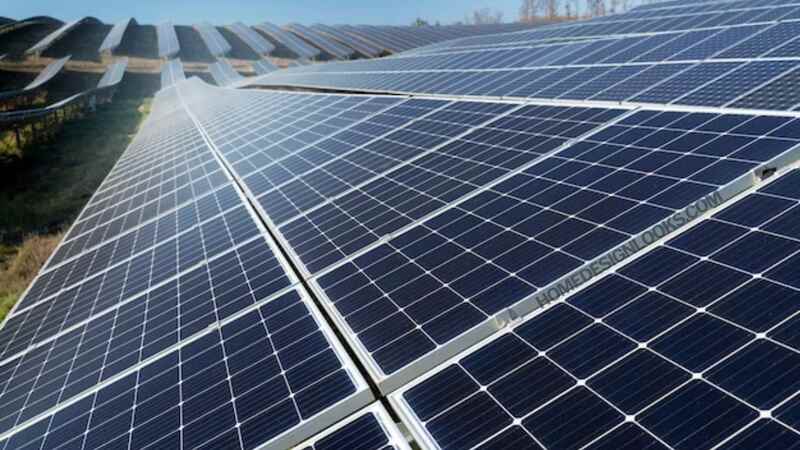The Environmental Impact of HVAC Systems: How to Go Green
We will tell you The Environmental Impact of HVAC Systems. HVAC systems, essential for maintaining indoor comfort, can have a significant environmental impact. Heating, ventilation, and air conditioning units are known to consume substantial energy and contribute to greenhouse gas emissions. However, by adopting eco-friendly practices and upgrading to efficient systems, you can minimize your carbon footprint and contribute to a greener planet.
One of the primary steps towards environmental responsibility is understanding the impact of HVAC systems. Traditional heating and cooling methods often rely on fossil fuels like oil and gas, leading to harmful emissions. Air conditioners, for instance, utilize refrigerants that can contribute to ozone depletion and global warming. To mitigate these effects, consider transitioning to modern, energy-efficient HVAC systems.
Opt for Energy-Efficient HVAC Systems

Upgrade your HVAC system to newer, energy-efficient models. For air conditioners and furnaces, look for products with high SEER (Seasonal Energy Efficiency Ratio) and AFUE (Annual Fuel Utilization Efficiency) ratings. Energy-efficient systems use less energy, reducing your carbon footprint while saving on utility bills.
Proper Maintenance and Repairs
Regular maintenance of your HVAC system is vital for optimal performance and longevity—schedule routine check-ups and repairs to ensure that your system operates efficiently. If your HVAC system utilizes a tankless water heater, addressing any tankless water repair promptly is crucial to prevent water wastage and energy inefficiencies.
Utilize Programmable Thermostats

Install programmable thermostats to manage heating and cooling in your home efficiently. These devices allow you to set temperature schedules based on your daily routines, reducing unnecessary energy consumption when you’re away or asleep.
Implement Zoning Systems
Zoning systems divide your home into different zones, each with its thermostat, which allows you to customize the temperature in various areas, optimizing energy usage by only heating or cooling occupied spaces.
Embrace Renewable Energy Sources

Consider integrating renewable energy sources, such as solar panels, into your home. Solar power can provide clean and renewable energy to power your HVAC system and significantly reduce your reliance on traditional energy sources.
Enhance Insulation and Seal Leaks
Properly insulating your home and sealing any leaks can significantly reduce the load on your HVAC system. A well-insulated home retains heat in the winter and stays cool in the summer, decreasing the need for excessive heating or cooling.
Regularly Clean and Replace Filters

Dirty air filters hinder airflow and force your HVAC system to work harder, consuming more energy. Regularly clean or replace air filters to ensure optimal efficiency and air quality.
Reduce Heat Gain and Loss
Install window treatments, such as curtains or blinds, to minimize heat gain during the warmer months and prevent heat loss during colder periods. This simple step can lead to a more energy-efficient home and reduced HVAC usage.
By incorporating these eco-friendly practices and being attentive to tankless water repair and other HVAC system needs, you can significantly reduce your environmental impact. Every effort counts in safeguarding our planet’s future, and transitioning to sustainable HVAC systems is a crucial step towards a greener and more sustainable world.
Also, visit Home Design Looks for more quality information.

